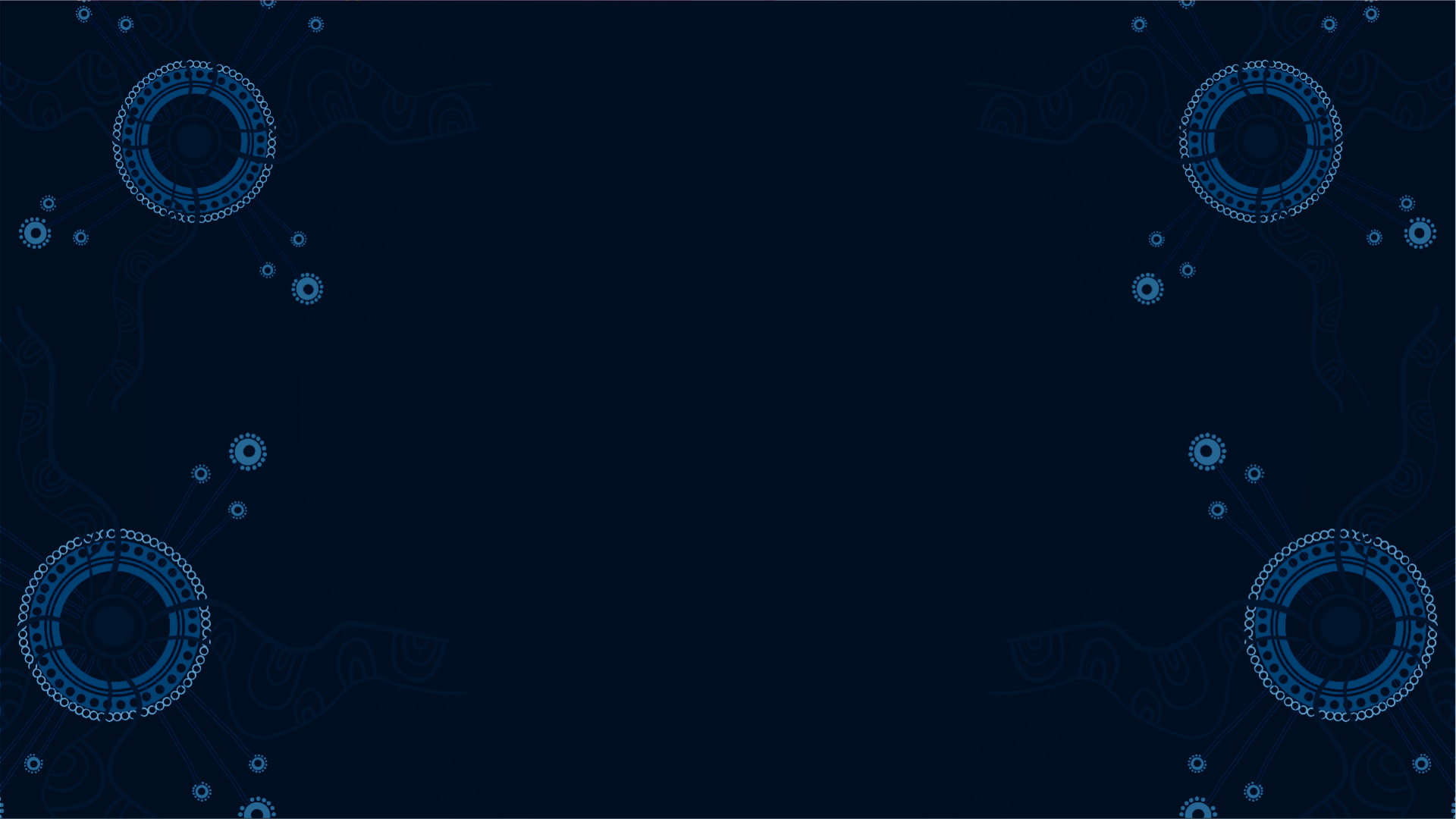
RECONCILIATION
MORE THAN A WORD
BY CAMERON DOWNEY, THE QUTLS FIRST NATIONS OFFICER
For the past 20 years, Australia has celebrated National Reconciliation Week. While beginning and concluding on the anniversary of two of the most critical events in Australian history – the 1967 Referendum and handing down of the landmark Mabo decision – unfortunately, the Week's significance, and reconciliation overall, is lost on many.
In Reconciliation Week's 20th year, the theme is 'More than a word, Reconciliation takes action'.
And this means what? Well, we know that reconciliation, by definition, somewhat ambiguously refers to the 'restoration of friendly relations.' As aspiring lawyers, I am sure we could ponder the intricacies of statutory interpretation all day.
However, despite the multitude of interpretations, it would not be controversial to conclude that reconciliation is, or at least should not be, a platitude, political soundbite, or word that rings like a hollow drum.
Academic and legal interpretations aside, reconciliation is nevertheless more than a measurement of employment targets. It is more than apologies from business leaders and politicians. It is more than Welcomes to Country at corporate meetings or sports matches. It is more than attending Indigenous-led events. It is more than impassioned social media posts or easily dispensed hashtags. It is more than a tempestuous outpouring of support for First Nations' issues during Reconciliation or NAIDOC Week.
Do not misconstrue my sentiment. Increased Indigenous employment, Welcomes to Country, and recognition and awareness of First Nations issues are all vital.
Reconciliation is, at its core, that and more.
Contributing towards a more reconciled Australia is more than some passive role undertaken during Reconciliation or NAIDOC week. Reconciliation is, fundamentally, about taking an active stance. It is a conscious and continual effort centred on challenge, day in, day out.
That is, it is about challenging your and others’ unconscious bias against or about Indigenous Australians. It is about challenging racism when and where you see it. It is about challenging attitudes that have impacted First Nations peoples for generations. It is about challenging yourself not to be just a tokenistic support of First Nations people but an ally, or ideally, an accomplice.
Reconciliation is indeed more than a word. Reconciliation takes action.



